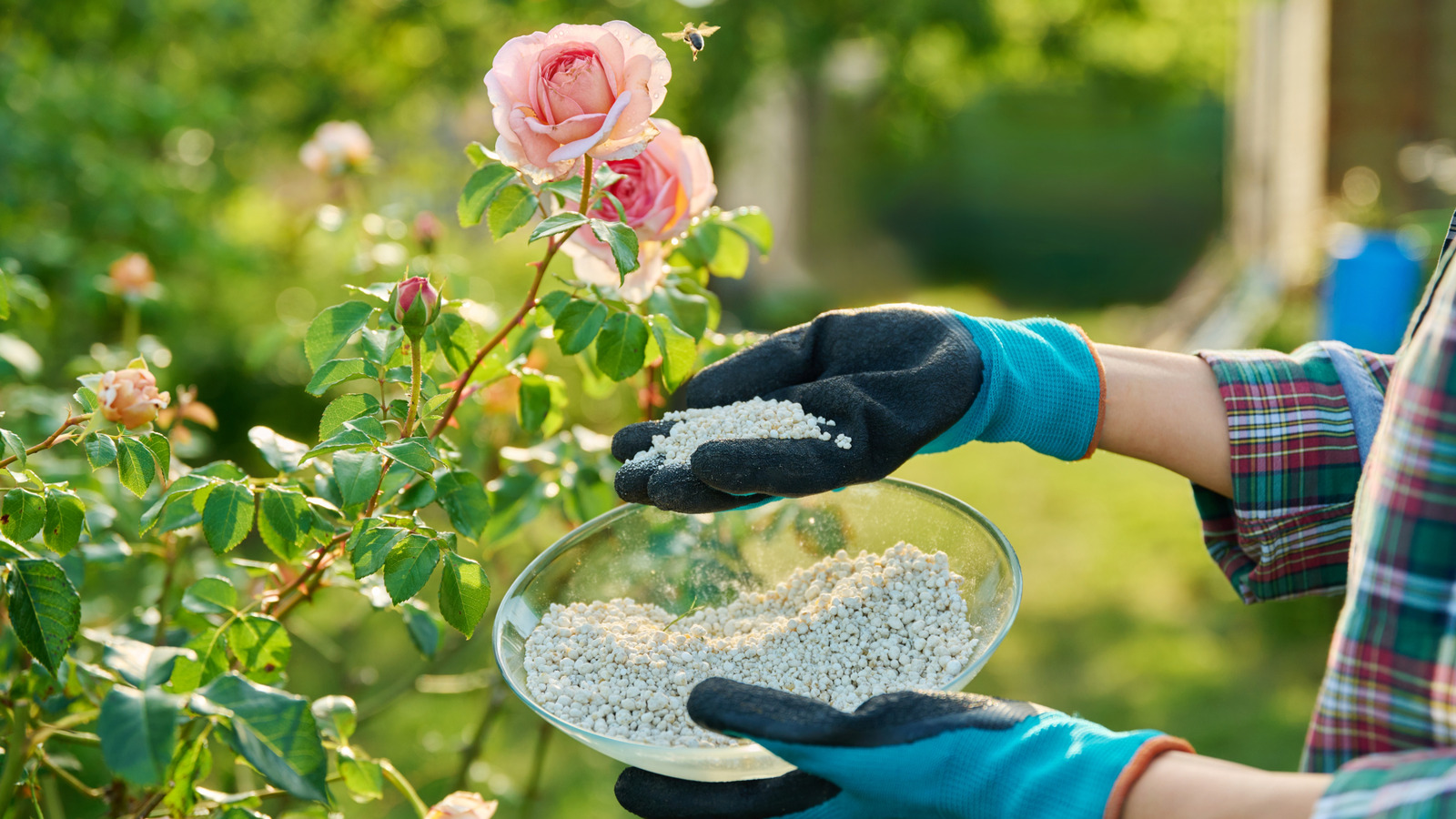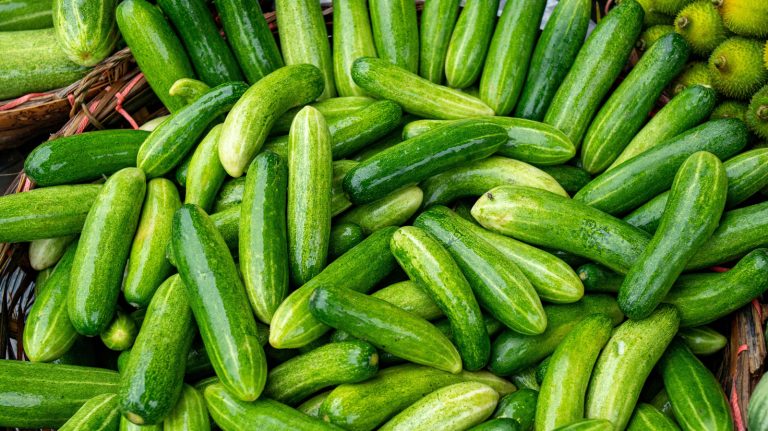
The rose (genus Rosa) is a flower that symbolizes love and romance. These perennials come in various colors and can add vibrancy to any garden. While some rose bushes are low-maintenance, it’s important to avoid certain gardening mistakes to ensure more blooms from your roses.
Just like any plant, rose bushes need essential nutrients to thrive. Neglecting their soil health can result in stunted growth and other issues. Fertilizing your roses is a critical step that should not be overlooked, and the timing of fertilization is equally important to ensure your roses remain healthy and strong.
Understanding how fertilizer can affect your plants and being intentional with your timing can help your rose garden flourish. Here’s how to choose the right time to fertilize your roses for optimal growth.
When you should fertilize your roses
Roses need nutrients like nitrogen, potassium, and magnesium to bloom successfully. You can choose between organic and chemical fertilizers, but chemical fertilizers require more frequent applications. Avoid fertilizing newly established rose plants for the first six weeks as they develop their root system. For mature plants, avoid fertilizing during hot temperatures to prevent nutrient release shock.
It’s best to fertilize in early spring or early summer, preferably in the mornings or late afternoons. Fertilizing too late in the season can impact the plant’s ability to prepare for winter and affect growth in the following year.
The disadvantages of not fertilizing roses correctly
Healthy soil is essential for a thriving rose bush. Neglecting fertilization can lead to a lack of flowers, discolored leaves, and pest infestations. Weak plants are more susceptible to pests like aphids and mites, which can damage the plant. Fertile soil can prevent weak growth and encourage vibrant blooms year after year.






